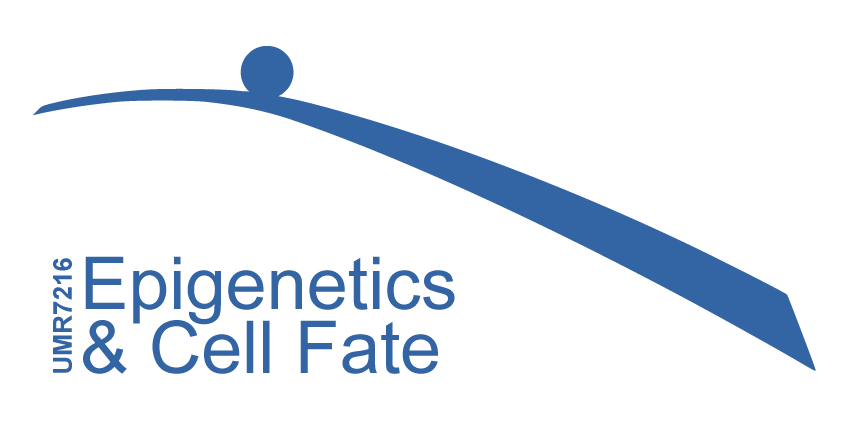Aurélie De Thonel and the V Mezger lab released a paper in Nature Communications elucidating the relationship between CBP and HSF2 in a neurodevelopmental disorder, CBP-HSF2 structural and functional interplay in Rubinstein-Taybi neurodevelopmental disorder.
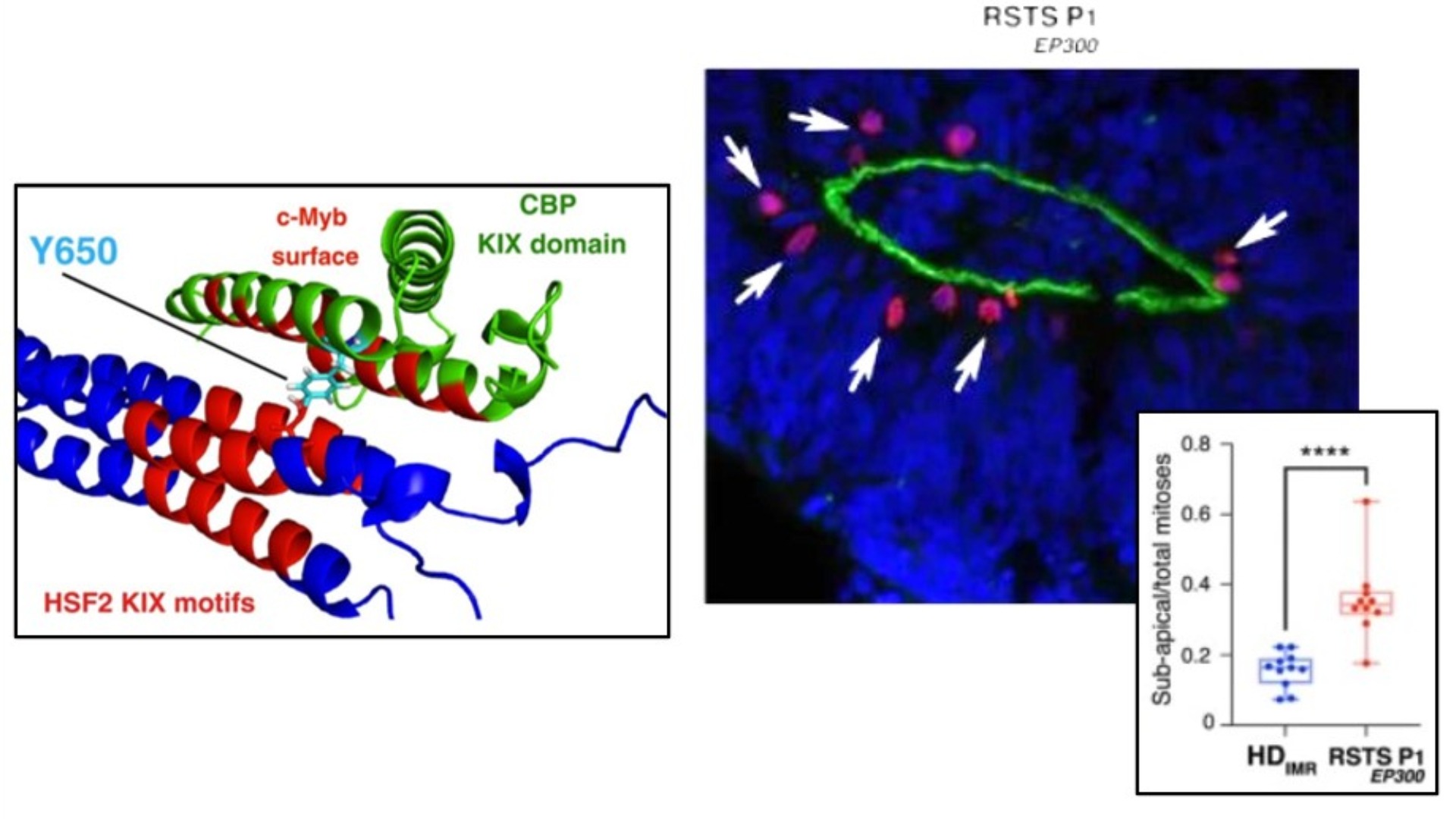
In the Rubinstein-Taybi syndrome (RSTS), patients carry dominant mutations in the histone/lysine acetyl transferases CBP or EP300 and suffer from neurodevelopmental disorder. The precise cellular dysfunctions causing the neurodevelopmental disorder remain however elusive as this enzyme have many targets beyond histone proteins. In this study, we show the contribution of a stress-responsive pathway in keeping the neural cell integrity as an early step toward the neural symptom of the disease. The heat-shock factor 2 (HSF2) is a fine tuner of brain cortical development and major player in prenatal stress responses in the neocortex. This study shows that CBP/EP300 acetylates HSF2, leading to the stabilization of the HSF2 protein. Consequently, RSTS patient cells showed decreased levels of HSF2 and their stress response was largely attenuated. Moreover, using 2D and 3D organoid models of cerebral development, the same CBP/EP300-HSF2 interactions were found as well as similar alterations of the stress response. Associated to this perturbed stress response, a decrease in a crucial neural cell adhesion protein, N-cadherin was observed and it could be rescued by stabilizing HSF2. Altogether the study highlights a crucial role of the HSF pathway in keeping neural cell integrity, a pathway particularly sensitive to stress and epigenetic alterations, two confounders of neurodevelopmental disorders.
Read more
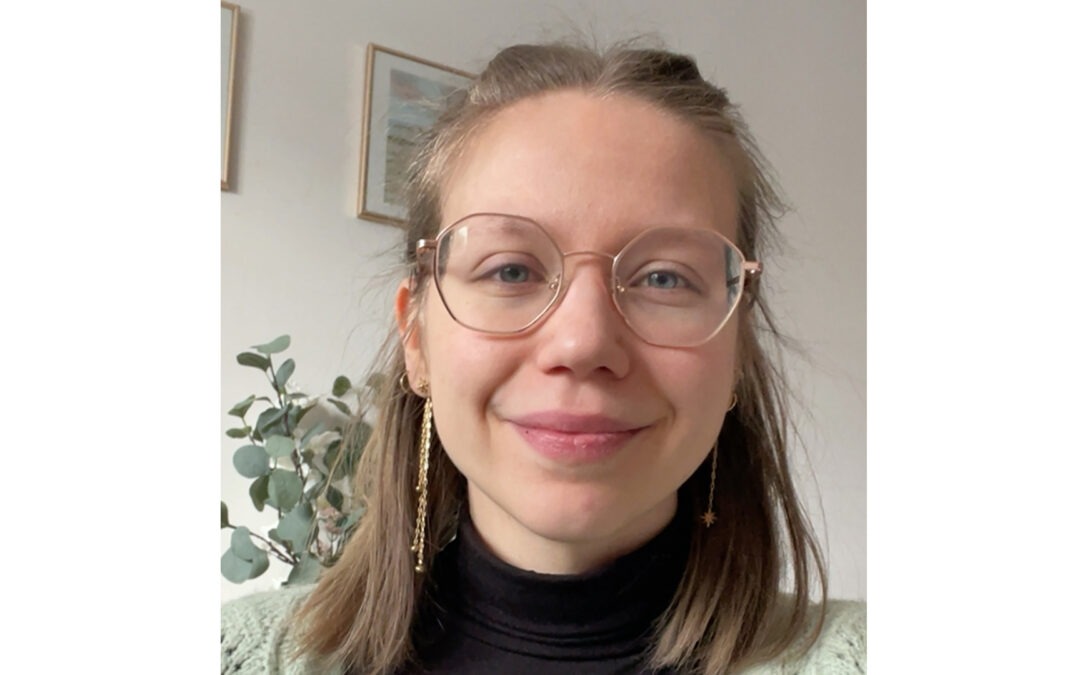
Welcome to Léa
Léa joins the team as a research assistant. After completing a master's degree in virology, she worked in Strasbourg on grapevine viruses, then on characterizing mRNA degradation in plants at the Institute of Plant Molecular Biology (IBMP). In the Polo team, Léa will...
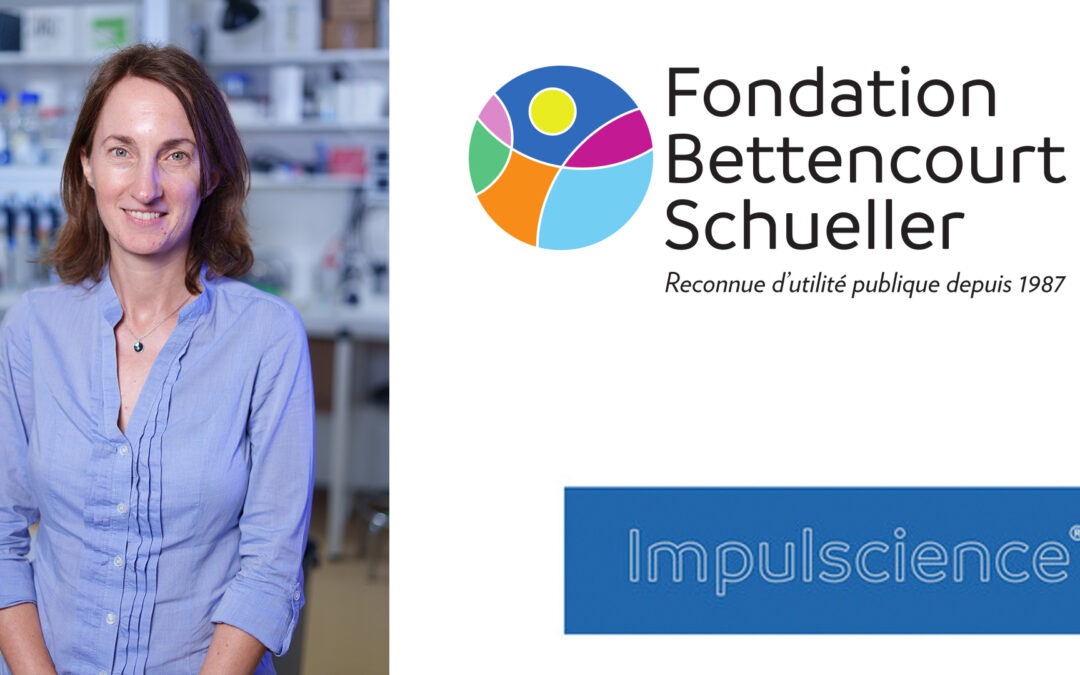
Sophie Polo receives an Impulscience® grant from the Fondation Bettencourt Schueller
Sophie Polo has been awarded an Impulscience® grant to fund a research project on the establishment and maintenance of the inactive X chromosome in response to DNA breaks. This is wonderful news for the lab ! We thank the Fondation Bettencourt Schueller for their...

Welcome to Léa, new engineer in the team!
Léa joins the lab as a research assistant. She holds a Master's degree in Molecular and Cellular Biology from Sorbonne University. She will contribute to investigate DNA methylation maintenance mechanisms in response to UV damage in mammalian cells. Léa Girard À lire...
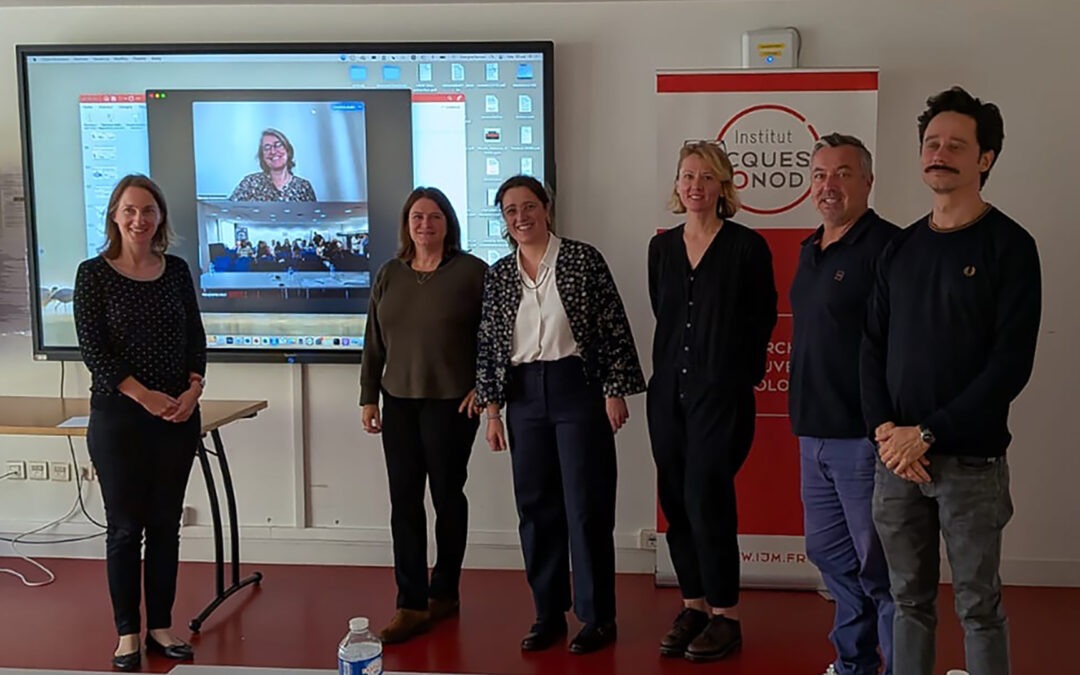
Well done, Dr Mori!
Margherita successfully defended her PhD on DNA methylation maintenance in response to UV damage. Brava! Margherita and her thesis jury. From left to right: Sophie Polo, Sandra Duharcourt (on screen), Déborah Bourc'his, Margherita Mori, Nataliya Petryk, Jean Molinier,...
